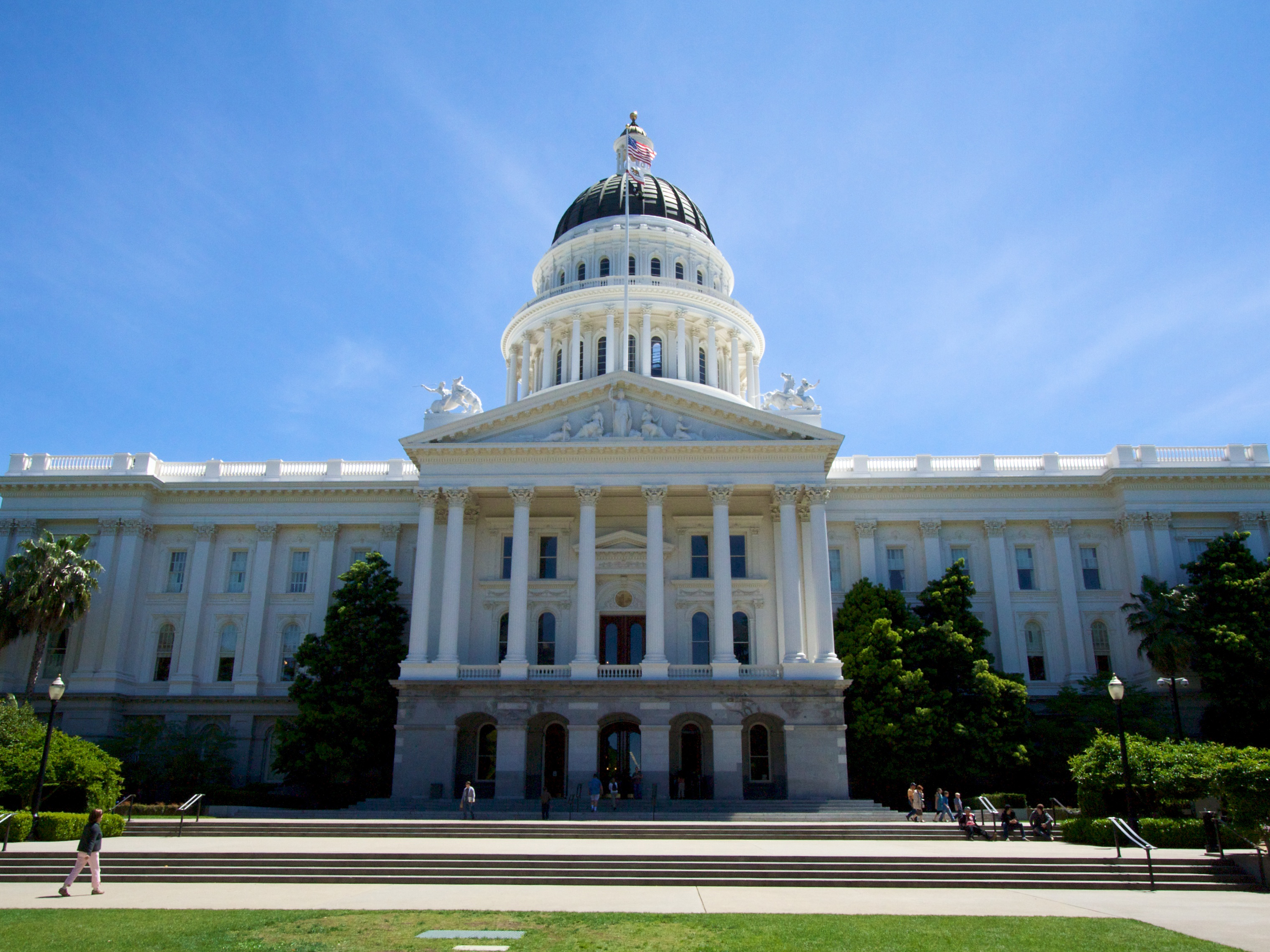
Issues ranging from systemic discrimination, healthcare, pandemic management, the nomination for the SCOTUS, among many more create a tense environment surrounding this election, making it ever more important for each eligible American to cast their vote. However, while media focus has been placed on the presidential election and the sparring between Republican candidate Donald Trump and Democratic candidate Joe Biden, other important elections and legislation are also present on the ballot, which voters may know very little about.
The primary election has been one of toughest in recent years with the two candidates having competing visions for the future of the nation and nearly polar opposite views on many current issues. President Trump has been met with consistent scrutiny over his actions throughout his term, from downplaying the COVID-19 pandemic to only paying $750 in income taxes, a number that’s lower than even the lowest of income brackets. Biden has shown support for a more progressive governing body, although many question the policies he supports as well as his ability to rally voters successfully given how his nomination has created a division in the democratic party.
However, the importance of your vote extends beyond just the presidential election. Elections are also being held for the U.S. House of Representatives, the Senate as well as for the State Assembly and State Senate of California. The power held by the legislative and judicial branches of government can greatly affect the future of the nation. Constitutionally speaking, Congress is the most powerful of all the branches of the government, as it determines whether a bill is eligible to become a law.
While local elections have, for years, received less coverage and voter turnout overall, many important decisions are determined at the local level. Nationwide, only 27% of eligible voters vote locally in municipal elections and the interest only decreases as you move throughout the ballot. This causes local governing bodies to often be improperly representative of their communities. So, conservative, older voters and lobbyists often hold more power in these areas.
Local governments are in charge of handling taxes and distributing them in funds, particularly for education and infrastructure. Because of this, the significance of your vote lies in how you want your tax money to fund local schools, streets and transportation. In many cases, remarkably unrepresentative governments can enact unpopular legislation and manage trillions in funds that go against the wants and needs of the community.
The Californian ballot also features 12 propositions, some of which happen to be more serious than others. Proposition 20 is an especially controversial measure that would increase penalties and restrict parole for non-violent offenders, a tremendous step backwards for criminal justice reform that would increase prison and law enforcement costs. However, Proposition 17 would restore voting rights for ex-convicts while Proposition 25 replaces the current discriminatory cash bail system. In total, a quarter of the propositions determine the rights of millions of ex-felons and can significantly alter how law and order is perceived in the state. Criminal justice reform has itself become a pinnacle topic of modern politics as many Americans agree that a more effective justice system is needed.
Even more is still at stake: Proposition 16, an especially decisive piece of legislation, which would allow schools and government offices to implement affirmative action when making decisions if passed. Affirmative Action has, for years, been met with controversy with many debating whether the policy promotes diversity or leads to discimination. Proposition 21 is a welcome rent control measure for housing that comes at a time when it is needed the most. The pandemic has left millions unemployed and subsequently homeless, necessitating rent relief and government aid in order to overcome this crisis. The Coronavirus Aid, Relief and Economic Security (CARES) Act and the Families First Coronavirus Response Act were effective earlier in the year but considerably more is needed. Regardless of one’s passion or beliefs on this legislation, voicing your opinion through your vote will contribute to a California that represents your interests. However, if low voter turnout continues to persist, the complete opposite may result instead.
The COVID-19 pandemic, combined with the many other pressing issues, has placed emphasis on the importance of each individual vote on both the local and national levels. Every vote counts, especially this year, as allowing your voice to be heard regarding the nation’s pressing issues will allow for the change necessary to have a promising future.







